aNewDomain — In February 2015 the New York Attorney General’s Office accused Target, WalMart, Walgreens and GNC of defrauding and potentially endangering their customers. After a spot check, authorities determined that four out of five of nutritional supplements they tested at these stores either didn’t have the plant or substance advertised on the label or had something else entirely, and issued a “cease and desist” (from selling the supplements) order.
When we looked a little deeper, though, it just seems as if the investigation itself was a fake one — possibly as fake as the fake Ginko Biloba in the government lab’s test tubes.
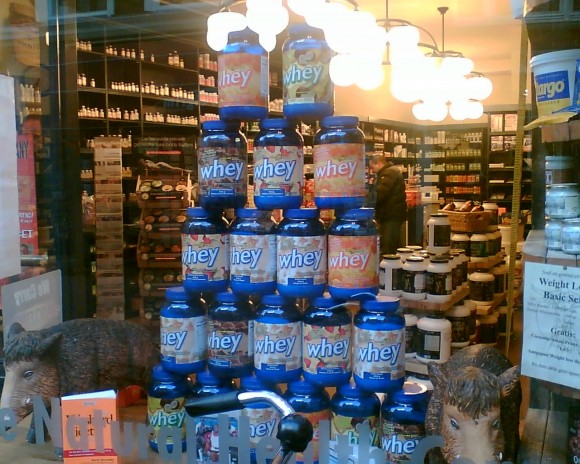
Of course, an unsuspecting dietary supplements buyer going into one of these stores surely wouldn’t know that from the NY AG’s press release, in which it stated:
The testing revealed that all of the retailers were selling a large percentage of supplements for which modern DNA bar code technology could not detect the labeled botanical substance … 35 percent of the product tests identified DNA bar codes from plant species not listed on the labels, representing contaminants and fillers. A large number of the tests did not reveal any DNA from a botanical substance of any kind.”
That would surely put the fear into you, wouldn’t it? The issue with this “testing” is that it was largely organized to prove the AG’s allegations. Here are some initial problems with the methods of testing that the NYAG utilized:
- The tester is an expert in DNA of lizards and dinosaurs. His expertise has nothing whatsoever to do with testing botanicals. The AG office may as well have asked a metallurgist to do the testing.
- The tests were never verified by multiple sources.
- Nearly 70 percent of the products that were tested were made up of botanical extracts. DNA testing of botanicals, which is new and unverified anyway, doesn’t detect botanical extracts.
- DNA testing can detect the presence of a substance, but that’s it. So the amounts of “filler” that were in the products may very well have been acceptable amounts under FDA guidelines.
- Proven techniques for measuring presence and amounts of botanical extracts, which include mass spectrometry and chromatography, weren’t used at all.
“But, Health Supplements Aren’t Regulated, So We’re All in Jeopardy!” – Says the AG.
As a matter of fact, that’s questionable, too. The FDA itself tells us to buy supplements that have a Current Good Manufacturing Practice (cGMP) label. The FDA says, “cGMPs provide for systems that assure proper design, monitoring and control of manufacturing processes and facilities.” The FDA does monitor the cGMP label for authenticity, however.
High quality health supplements are certified as containing legitimate ingredients and amounts by independent testing labs.
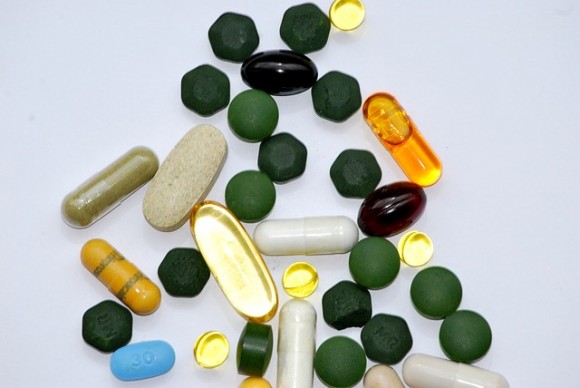
Speaking of Unregulated Foods …
The craze today is to buy “organic” (and pay seriously more money to do so) in order to ensure yourself that you’re buying safer and more nutritionally dense food (while staying away from those “evil” GMOs). And yet, the organic food industry in North America is about as unregulated as it gets.
The private Genetic Literacy Project (the leadership of which includes a former organic food inspector) writes:
The organic industry in North America remains largely unregulated, running almost entirely on record-keeping and record-checking. Indeed, by the United States Department of Agriculture’s own admittance, ‘The number of results reported to the NOP [National Organic Program] in 2011 represents a sampling rate of less than one percent of certified operations’… In Canada meanwhile – one of America’s largest trading partners in organic products – there is no testing whatsoever to ensure organic products are genuine.”
A great many organic foods are the product of … wait for it …
Deliberately induced genetic mutations.
As science writer Ronald Bailey tells us,
The case of mutation breeding is particularly interesting. In that method, researchers basically blast crop seeds with gamma radiation or bathe them in harsh chemicals to produce thousands of uncharacterized mutations, then plant them to see what comes up … [There are now more than] 3,000 different mutated crop varieties [available] to farmers. Many of these mutated varieties are planted as organic crops … The point here is not that mutation breeding is inherently dangerous. Given its solid record of 80 years of safety, it’s not.”
Demanding more expensive regulations for supplements, which will raise the price while lowering the availability of health supplements, is not consistent with the lack of regulation in organic foods.
The NYAG’s Office
I spoke on the phone with Elizabeth DeBold of the New York Attorney General’s office in Albany. She was personable and helpful, and she requested that I send in my questions in writing via e-mail.
I asked if it didn’t matter that the scientist who did the testing of the sampled supplements was a paleontologist who specializes in reptiles and not a botanist or herbalist. I asked if there was a reason why those tests weren’t repeated to verify accuracy and objectivity. And I asked if the New York Attorney General’s office is aware that DNA testing is not a reliable way to test for amounts herbal or other botanical extracts in supplements, while also stating that there are other methods (such as chromatography) that are far more reliable (but were not utilized).
I received the following response via e-mail.
Rather than attacking testing methods that have been validated by more than 70 published papers, the time has come for the herbal supplements industry to put concerns about what is and is not included in their products to rest. The fact is virtually every product we tested includes ingredients not listed on the packaging, and close to 80 percent failed to show any evidence that they included even trace amounts of what was advertised. This is ultimately a matter of public health, and when public health is at stake the burden is on this largely unregulated industry to prove what’s in its products.”
Does that sound like prevarication to you? Yes, me too. It sounds to me like a reply driven far more by propaganda and politics than science.
Is the NYAG aware that the testing method used by its non-expert has relevant limitations? Calling the DNA barcode testing that was used “methods that have been validated by more than 70 published papers” doesn’t address the relevancy of those validated methods to the matter in question.
Even a website that is openly antagonistic towards the largely unregulated supplements industry published quotes from a professor who is known for being openly hostile with criticism towards that industry. Responding to GNC’s strong criticism of the testing methods used by the NYAG, professor Pieter Cohen of Harvard Medical School, who’s also a doctor at the Cambridge Health Alliance, had this to say on February 10th, 2015:
I’m an outspoken critic of the supplement industry and I don’t recall ever seeing eye-to-eye with GNC but on this DNA barcode question I do. [E]xtremely small amounts of rice and other components can be a part of the pills and legally not listed on the label if the quantity is low enough. So the industry critiques are also correct that all those positive findings tell us nothing about how much of that plant was actually in the supplement. [Furthermore, barcode testing does] not detect the most dangerous ingredients in supplements — drugs and novel chemicals that the FDA has found in hundreds of supplements. [Traditional methods, or what is known as fingerprint technology, must be used.] In part this involves using chromatography to look for the typical pattern of the compounds found in the botanical.”
Why the Attack on Health Supplements?
As of this writing, the NYAG, now with backing from the FDA, has ramped up its efforts against the retailers’ health supplements and has called for government to regulate the health care supplements industry.
Are we overthinking this? You may say so. But I question the testing of herbal botanical extract supplements by ineffective means done, at the behest of the government, by someone unqualified to do the testing.
For the record, I almost never buy health supplements from the retailers mentioned in this writing. I don’t doubt the AG’s accusations that cheaper supplements contain a lot of fillers and not enough of the ingredients I’m seeking to buy (other than GNC’s, which I have used and found effective). Cheaper supplements aren’t going to be of the same quality of more expensive ones, just as fast food burgers aren’t the same quality as grass-fed steak.
The point here is it’s wrong to bring a lawsuit against manufacturers, or their suppliers, based on fake testing and unverified allegations.
Hey, perhaps if the government can regulate health care supplements, that industry can become as clean, safe, affordable and honest as the heavily regulated pharmaceutical industry.
For aNewDomain, I’m Brant David.

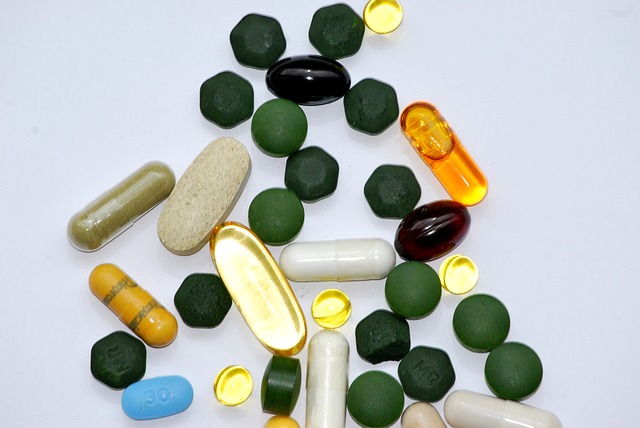

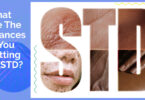


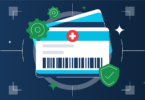







These power mad pukes (and by this I mean ALL politicians) wont be happy until they control & tax everything on this planet and beyond. Next they’ll create a device that straps to your penis to count the number of pumps you perform during sex and tax you on that (oh crap I hope I dont give them any ideas!).